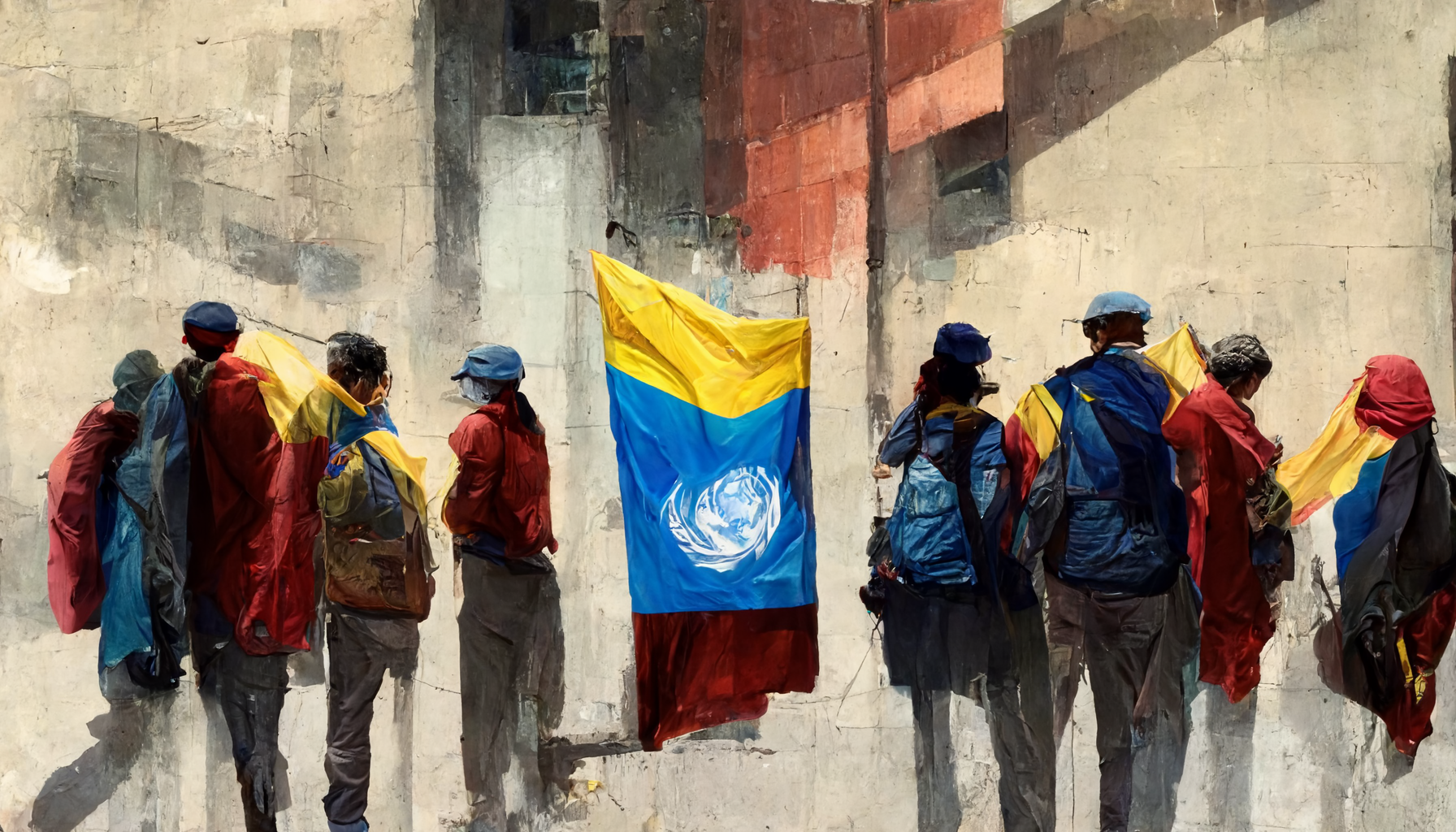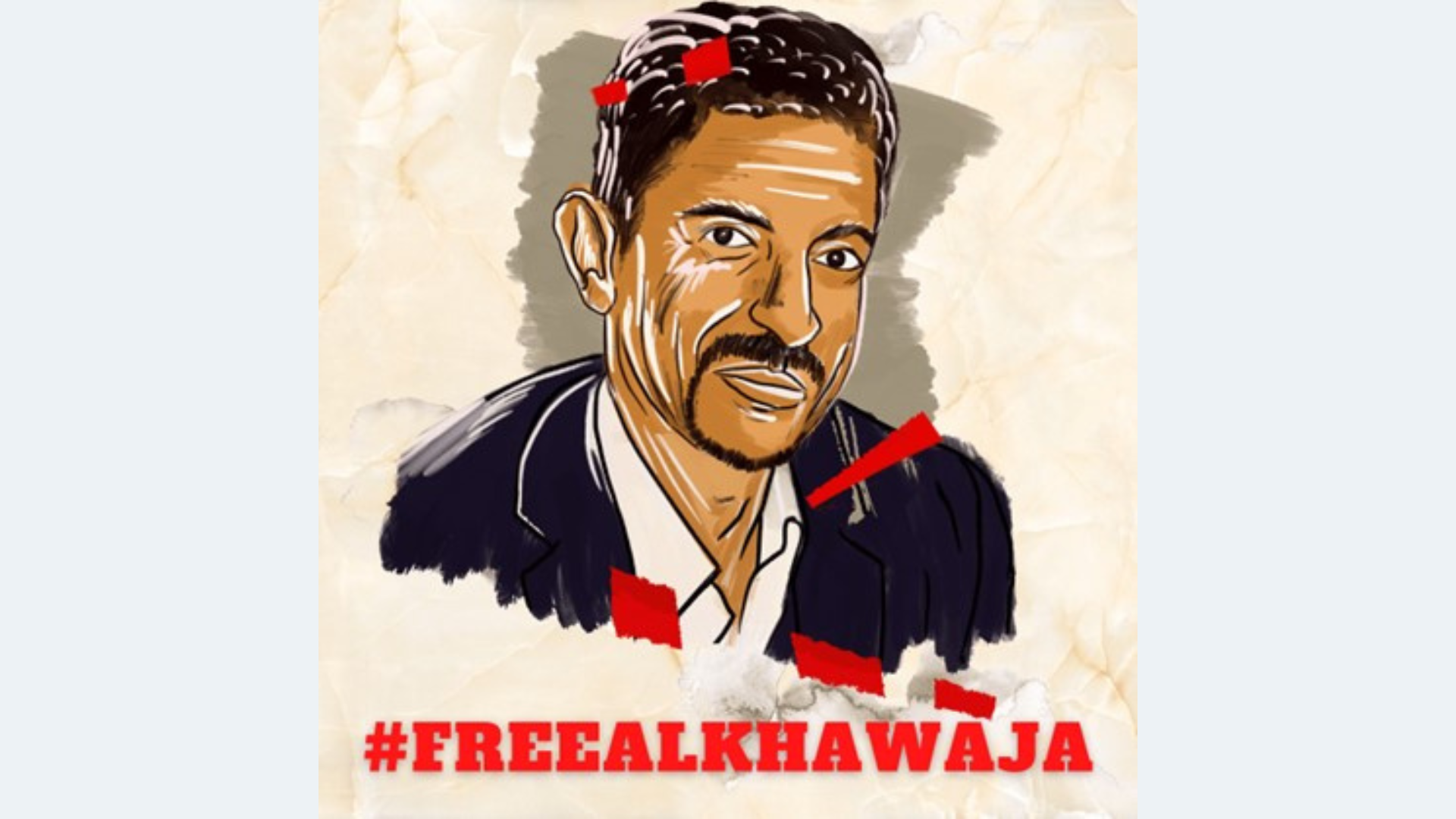Over the last three years, the Mission has worked energetically with ‘a view to ensuring full accountability for perpetrators and justice for victims’. It has found evidence of likely crimes against humanity committed by officials at the highest levels and produced clear recommendations on how to deal with the structural and systemic bases for these and a range of other serious violations. All of this achieved despite Venezuela not permitting the Mission entry to the country.
During this period, when the Office of the High Commissioner for Human Rights has also been active on the ground in Venezuela, we have seen some changes in the human rights situation in the country, including in regard to the pattern of behaviour of perpetrators. Venezuelan NGO Provea documented that the number of extrajudicial executions in the country reduced by more than 50% from 2020 – 2021.
This change is nowhere near enough, however. The number of extrajudicial executions in Venezuela remains shockingly high. Despite the reduction in prior numbers, there were 1,414 victims of extrajudicial executions in 2021, according to Provea. The systemic and structural change in Venezuela called for by the Mission is still lacking. There has also been clear retrogression in some areas. The confirmation of new terms for judges of the Supreme Tribunal of Justice, despite term limits guaranteed by the constitution, is one such example. Another is the bill currently before the National Assembly (the Ley de Cooperación Internacional) which would, amongst other things, further limit Venezuela NGOs’ access to funds. Furthermore, human rights defenders languish in prison despite repeated condemnation of the arbitrary nature of their detention and need for their immediate release.
As States of the region consider what steps to take in regard to Venezuela, it is clear that the world in 2022 is not the same as that of 2019 when the fact-finding mission was established. There have been significant developments in the region including recent gains by left-wing governments, which have contributed to some shifting political allegiances and the emergence of fresh priorities.
It is also clear that the human rights situation in Venezuela merits the continuation of the fact-finding mission. States must not act too fast to dismantle a human rights regime that is paying rewards; which directs the world’s attention to a severe human rights crisis and which national civil society actors and victims of violations cite as central to their hopes for positive change.
Indeed, States should consider the UN’s work on Venezuela as a key piece of their foreign policy strategies in regard to the country. They should build support for the work of UN mechanisms and the International Criminal Court (which confirmed the start of proceedings into crimes against humanity in November 2021) as interconnected bodies which, through advice, recommendations and decisions, provide roadmaps to addressing impunity and promoting accountability.
The fact-finding mission remains the only independent international monitoring body with the mandate to investigate systemic violations and abuses and ensure accountability for perpetrators. As such, it plays a crucial role in fostering non-recurrence of atrocity crimes. This role in the deterrence of violations could be key during the uncertainty of a period of Presidential elections in 2024. Furthermore, with the possibility of renewed negotiations between government and opposition and as Venezuela becomes a focus of renewed interest in the wake of the war in Ukraine, the continued work of the accountability mechanisms can provide a foundation grounded in human rights standards from which to develop policies and embark on political solutions. These should contribute to less polarisation and greater stability in the region in the longer term.
The Venezuelan government is good at signalling cooperation with the UN but States in the region must take great care to assess the reality on the ground, including by listening to Venezuelan human rights defenders and victims of human rights violations.
Now is not the time to wind down the Mission nor for compromise on human rights. It’s the moment to stand by the Mission and strengthen its mandate. Now is the time to promote it as a key actor in exposing the structures enabling violations and in providing a road-map for the prevention of further abuses.




